Read time: 4.5 minutes
February is Black History Month, a time to celebrate and honor the contributions of African Americans. Throughout the month, our Black Excellence (BE) employee resource group (ERG) is leading the celebration at McKesson by highlighting how these contributions continue to shape the identity, culture and economic standing of our communities.
BE fosters an environment where Black individuals and those of the African diaspora can thrive, reach their full potential and advance healthcare through inclusive activities and local volunteer events. Learn more about two of BE’s board members who are embracing their roots and giving back to their communities through their nonprofits.
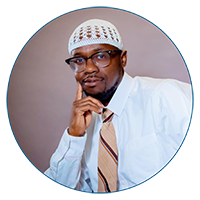 Martel Pierce joined McKesson in 2017 and currently serves as a case manager and BE West community lead. Martel is founder of a nonprofit called Our Black Fathers Committee, and he also wrote a book titled "The 7 Truths: A Basic Guide for Mentoring Our Youth," which shares the lessons he learned while serving as co-founder of a nonprofit.
Martel Pierce joined McKesson in 2017 and currently serves as a case manager and BE West community lead. Martel is founder of a nonprofit called Our Black Fathers Committee, and he also wrote a book titled "The 7 Truths: A Basic Guide for Mentoring Our Youth," which shares the lessons he learned while serving as co-founder of a nonprofit.
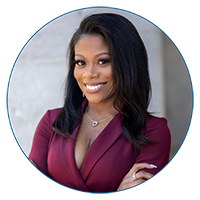 Chavaughn Gibson has worked at McKesson for six years and currently serves as a digital product manager. She is also the BE national membership and engagement chair. Chavaughn has a heart for community service and giving back, which led her to co-found a nonprofit called The Daughter’s Den.
Chavaughn Gibson has worked at McKesson for six years and currently serves as a digital product manager. She is also the BE national membership and engagement chair. Chavaughn has a heart for community service and giving back, which led her to co-found a nonprofit called The Daughter’s Den.
Why did you choose to work at McKesson?
Martel: I chose McKesson because of my healthcare background. My mother worked in the healthcare industry, and I started volunteering in that space at the age of 14. This experience inspired me to continue working in the healthcare field. I was a pharmacy benefit manager before I started my journey at McKesson.
Chavaughn: My journey in healthcare began at age 14 when I was a biomedical engineering intern at a world-renowned hospital in Cleveland. I then pursued healthcare business administration in college. Before McKesson, I worked on the payer side of healthcare and wanted to explore the pharmaceutical aspect. McKesson's leadership in Six Sigma and data analytics attracted me, offering the perfect blend of my interests in healthcare and business.
How has your involvement with BE impacted you?
Martel: Joining the ERG three years ago was a pivotal moment for me, especially when I met Roosevelt Watts Jr. He was doing a spoken word performance, and I was wowed because I felt like I could bring my whole self to work. Roosevelt encouraged me to join, and he has been my biggest influence within the ERG. BE’s events and initiatives have been transformative for me, and seeing our members come together at community service events is inspiring. The ERG has also helped me further connect to my roots, and as an adult, I began celebrating Kwanzaa with my family.
My cultural heritage is deeply intertwined with my family background and community involvement. Growing up, I was exposed to cultural practices and values that emphasized identity and giving back. This foundation has guided me in both my professional and personal life, particularly in my work with the ERG at McKesson. Understanding my cultural identity through my work with BE has empowered me to engage more meaningfully with my community and colleagues.
Chavaughn: Growing up in Ohio's inner city, I faced challenges that fueled my drive to advocate for my community. Being part of BE kickstarted a profound cultural learning journey and connected me to my roots, which has enabled me to contribute positively to my heritage. For instance, I did not grow up celebrating Juneteenth or Kwanzaa but BE inspired me and my family to adopt these traditions.
The ERG offers a space for inclusivity and belonging, allowing us to address important issues and formulate solutions. My involvement has strengthened my identity as a young Black woman and the intersectionality of my experiences has been pivotal in shaping who I am.
How have the skills you’ve gained on the BE board translated to your nonprofit work?
Martel: I founded a nonprofit ten years ago called Our Black Fathers Committee, which was inspired by my role as an uncle. I wanted to provide my nephews with the guidance and tools they needed to face life's challenges. We offer structured mentorship programs and consistent support and development opportunities for young men aged 8 to 17.
My involvement with BE has reinforced my commitment to community service and cultural engagement. This work aligns with my personal mission to be the mentor I wish I had growing up, and it has been incredibly rewarding to see the impact of our programs.
Chavaughn: The Daughter's Den was born out of the challenges and societal shifts during the COVID-19 pandemic. We recognized the need for intergenerational healing and trauma recovery, particularly for Black women and girls. We created a community that supports mental health journeys and ensures culturally competent care. This nonprofit is a passion project that allows us to address mental health needs and support the community in innovative, meaningful ways, and we have received recognition in the Columbus area.
I’ve served on various boards for the last 18 years, and during the pandemic, I asked myself what kind of board I would want to serve on for the rest of my life. Boards like BE and The Daughter’s Den are areas where I can make a strong impact, and I’ve gained valuable skillsets from each.
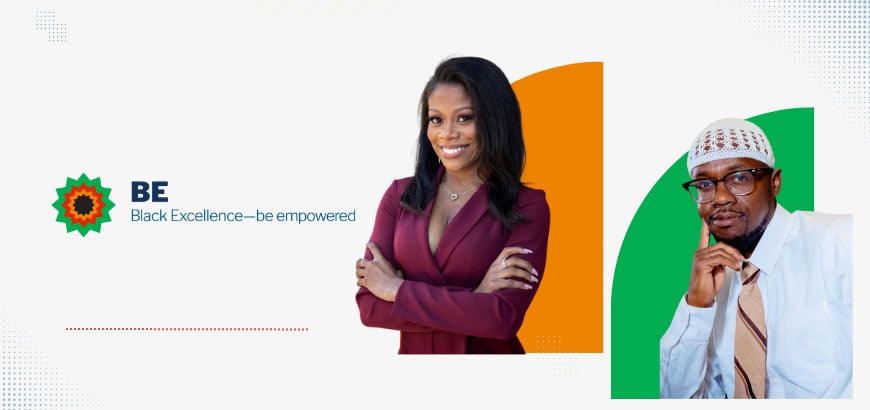
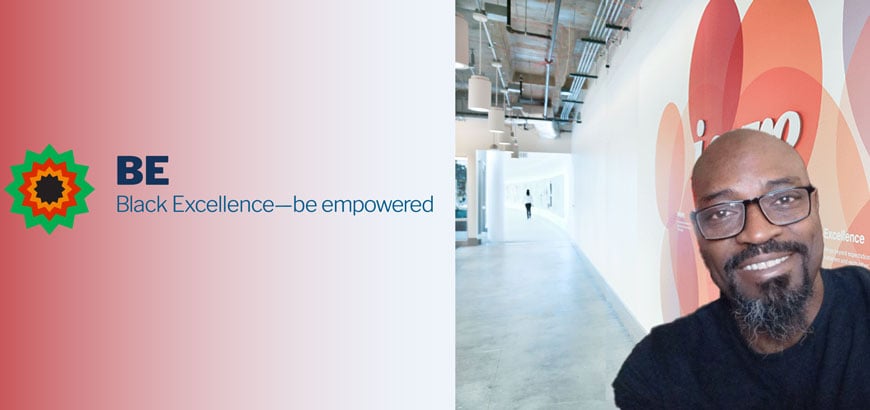
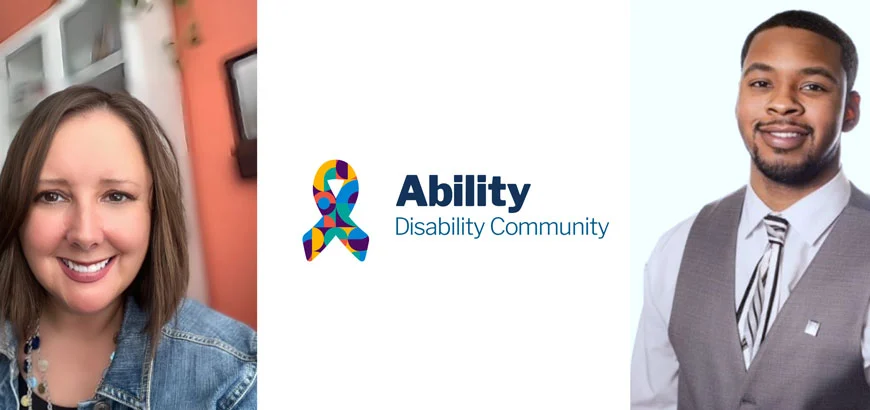
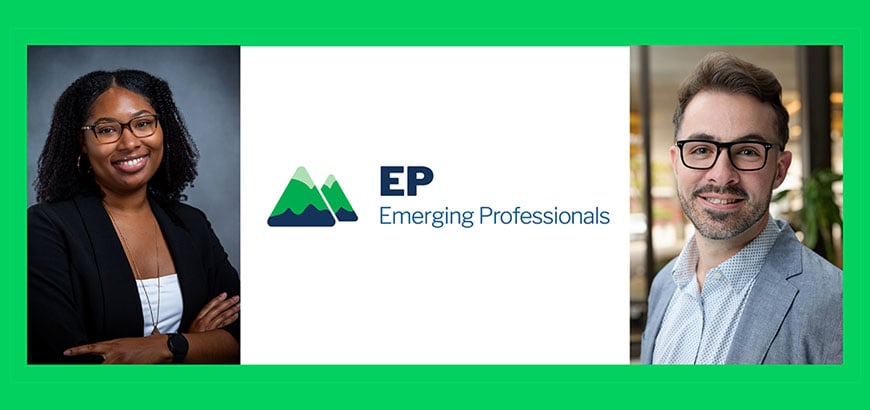
Share
Post
Post
Email